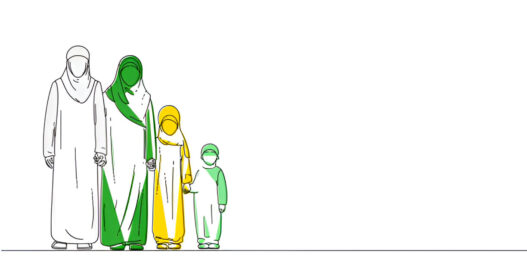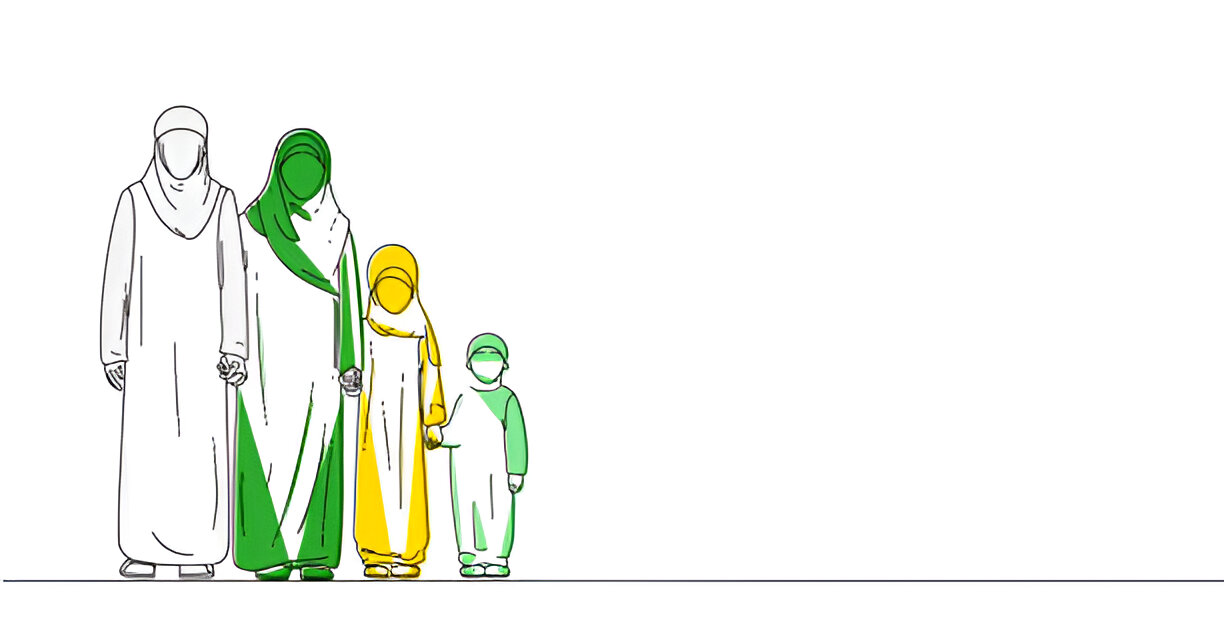The Muslim Marriages Registration Act, 1981, is legislation designed to provide a framework for the registration of Muslim marriages in India. Although this particular Act is from Jammu and Kashmir, it serves as a good example of how Muslim marriages are registered in India. This discussion explains the key provisions of the Act, covering registration, duties, penalties, and related aspects.
Overview of the Act
The Muslim Marriages Registration Act, 1981, aims to ensure that Muslim marriages are properly recorded and recognized by law. It mandates the registration of marriages contracted between Muslims and outlines the responsibilities of those involved in the marriage process.
Key Definitions
-
Schedule: Refers to the schedule attached to the Act, which provides a form for the Nikah-Nama or memorandum.
-
Sub-Registrar: An official appointed under the Registration Act, Samvat 1977, responsible for registering marriages.
-
Sub-district: A sub-division formed under the Registration Act, Samvat 1977.
Registration of Marriages
-
Mandatory Registration: Every marriage contracted between Muslims after the commencement of this Act must be registered within thirty days of the Nikah ceremony.
-
Duty to Register: The responsibility for registering the marriage lies with:
-
The bridegroom or the person who consented to the marriage on his behalf.
-
The bride or the person who consented to the marriage on her behalf.
-
The person who conducted the Nikah ceremony.
-
-
Delivery of Nikah-Nama: The person responsible must deliver a copy of the Nikah-Nama (or a memorandum if no Nikah-Nama exists) to the Sub-Registrar of the sub-district where the marriage was contracted.
-
Recording of Dower: The Nikah-Nama or memorandum must record the amount of dower (mahr), both prompt and deferred, and the manner of its payment.
Responsibilities of the Sub-Registrar
-
Preservation of Records: The Sub-Registrar must preserve copies of all Nikah-Namas and memoranda received.
-
Maintenance of Register: The Sub-Registrar must maintain a Register of Muslim Marriages, recording the particulars of all Nikah-Namas and memoranda received during each calendar year.
Responsibilities of the Person Conducting Nikah
The person conducting the Nikah ceremony must record on the Nikah-Nama or memorandum their full name, parentage, age, and place of residence.
Inspection of Register
The Register of Muslim Marriages is open for inspection at all reasonable times and is admissible as evidence as a public document.
Non-Delivery of Nikah-Nama
A Nikah is not deemed invalid solely because a copy of the Nikah-Nama or memorandum was not delivered to the Sub-Registrar, or if the delivered copy was defective.
Penalties
Any person who wilfully omits or neglects to deliver a copy of the Nikah-Nama or memorandum to the Sub-Registrar is liable to a fine of up to three hundred rupees.
Power to Make Rules
The Government may make rules for carrying out the purposes of the Act, including:
-
The form and manner of maintaining Nikah-Namas and memoranda.
-
The form and manner of maintaining the registers.
-
The custody and preservation of records.
-
The form and manner of acknowledging the receipt of Nikah-Namas and memoranda.
Schedule of the Act
The schedule provides a form for the Nikah-Nama or memorandum, including details such as:
-
Place of marriage.
-
Full name, age, residence, and address of the bridegroom and bride.
-
Full name of the bridegroom’s and bride’s fathers.
-
Civil condition of the bridegroom and bride.
-
Details of the person conducting the Nikah ceremony.
-
Amount of dower fixed and manner of payment.
-
Names of witnesses.
Key Takeaways
The Muslim Marriages Registration Act, 1981, mandates the registration of Muslim marriages to ensure legal recognition and record-keeping. The Act outlines the duties of those involved in the marriage process, from the bride and groom to the person conducting the Nikah ceremony. Understanding the key provisions of this Act is essential for all Muslims entering into a marriage in the regions where it is applicable.




